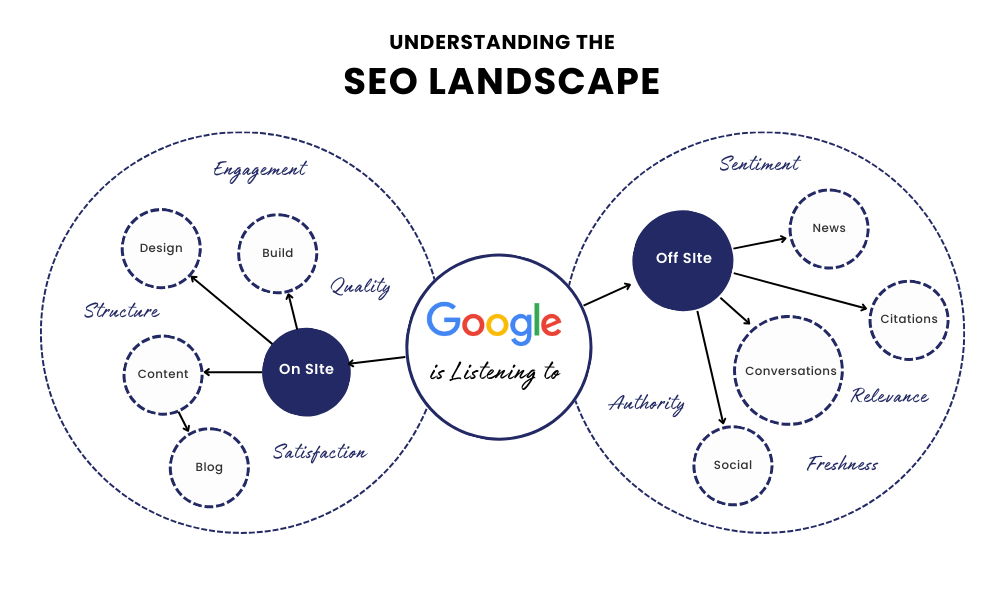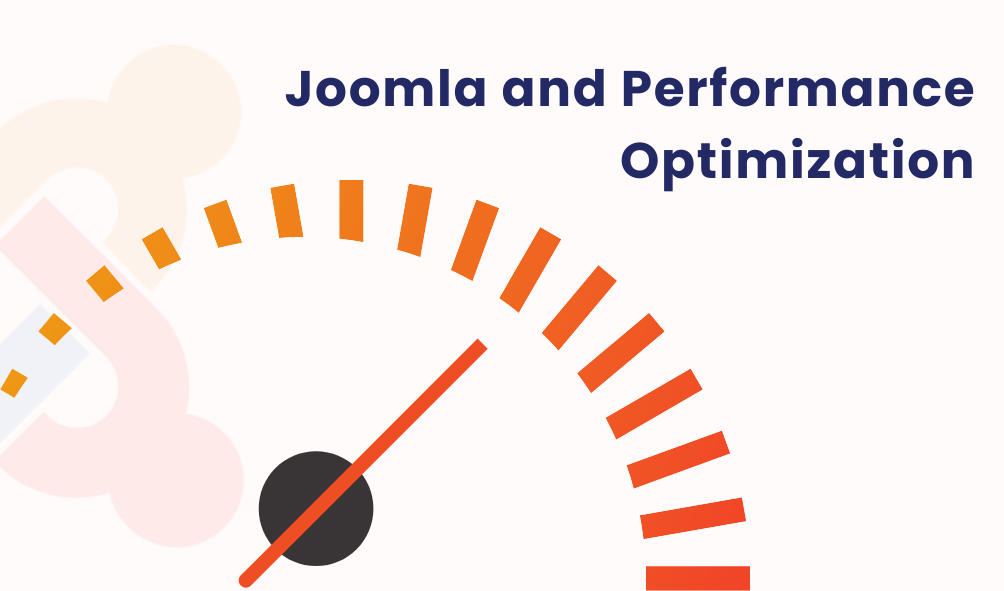The Joomla Advantage: Solving SEO and Performance Challenges
The quest for the perfect content management system (CMS) continues in the ever-evolving website development and management world. Website owners and developers are constantly on the lookout for solutions that offer the best balance of search engine optimization (SEO) and performance. One CMS that has consistently proven itself in this regard is Joomla.
So, in this blog post, we will explore the Joomla advantage, focusing on how it addresses SEO and performance challenges to help you create and maintain a successful website.
Understanding the SEO Landscape

Before we dive into how Joomla tackles SEO challenges, it’s crucial to understand the SEO landscape and the obstacles that website owners often face.
The SEO Imperative
Search engine optimization is essential for any website that aims to rank well in search engine results pages (SERPs). High rankings can help increase visibility, more traffic, and potentially higher conversions. However, SEO is a multifaceted challenge, and getting it right requires both technical and content-related efforts.
Common SEO Challenges
- Keyword Optimization: Choosing the right keywords and optimizing content around them.
- On-Page SEO: Properly formatting content, including headings, meta tags, and image alt text.
- Site Speed: Ensuring fast page loading times is a critical SEO factor.
- Mobile Optimization: Adapting websites for mobile devices, as Google prioritizes mobile-friendly sites.
- Content Quality: Creating valuable, relevant, and engaging content that attracts and retains visitors.
- Backlinks: Earning high-quality backlinks from reputable websites.
Joomla’s SEO Features

Joomla offers a variety of built-in features and extensions to help users address these common SEO challenges effectively.
SEO-Friendly URLs
Joomla generates clean and search engine-friendly URLs by default. You can customize these URLs to include keywords, making them more appealing to both users and search engines. This feature simplifies the process of optimizing your site’s structure.
Metadata Control
Effective on-page SEO relies heavily on proper metadata. Joomla provides user-friendly interfaces for setting meta titles and descriptions for each page, making it easy to optimize your content for target keywords.
Built-In XML Sitemap
A sitemap is crucial for search engines to understand your website’s structure and index its pages efficiently. Joomla generates XML sitemaps automatically, helping search engine crawlers navigate and index your site more effectively.
Mobile Responsiveness
Mobile optimization is a top priority in today’s SEO landscape. Joomla templates are designed with responsiveness in mind, ensuring your website looks and performs well on various devices, thereby improving its search engine ranking.
SEF (Search Engine Friendly) Extensions
Joomla offers a wide range of extensions specifically designed to enhance SEO. Popular extensions like sh404SEF can improve your website’s URL structure, metadata, and overall SEO performance.
Canonical URLs
Duplicate content can harm your SEO efforts. Joomla includes canonical URL support, enabling you to specify the preferred version of a page and avoid plagiarized content issues.
Redirect Manager
Managing redirects is essential when restructuring your website or dealing with outdated content. Joomla’s Redirect Manager allows you to easily create and manage redirects, ensuring a smooth user experience and maintaining SEO equity.
Joomla and Performance Optimization

Performance optimization is as crucial as SEO for a website’s success. Slow-loading websites can lead to high bounce rates, negatively impacting both user experience and search engine rankings. Joomla offers several features to help users overcome performance challenges.
Caching
Caching is one of the most effective ways to improve website performance. Joomla’s built-in caching mechanisms can significantly reduce page loading times by storing frequently accessed data and serving it more quickly to visitors.
Gzip Compression
Compressing website files with Gzip reduces the size of data sent to users’ browsers, resulting in faster load times. Joomla supports Gzip compression, making your site more efficient and improving performance.
Content Delivery Networks (CDNs)
Integrating a CDN with Joomla can dramatically enhance your site’s performance by serving static content from servers located closer to your visitors. It reduces latency and improves page loading times, benefiting both user experience and SEO.
Lazy Loading
Lazy loading is a technique that loads images and other media only when they become visible on the user’s screen. Joomla supports lazy loading, which can further reduce page load times, especially on image-heavy websites.
Minification
Minifying CSS and JavaScript files removes unnecessary characters and whitespace, reducing file sizes and improving website performance. Joomla provides options to minify these files, ensuring faster loading times.
Database Optimization
Joomla’s built-in tools and extensions help users optimize their website’s database, reducing query times and improving overall site performance. A well-optimized database contributes to a smoother user experience.
Ongoing SEO and Performance Maintenance

While Joomla provides robust tools and features to tackle SEO and performance challenges, ongoing maintenance is crucial for long-term success. Here are some best practices to keep your Joomla website development optimized:
Regularly Update Joomla and Extensions
Joomla releases updates and security patches regularly. Keeping your CMS and extensions up-to-date is essential to maintain performance and security.
Monitor Page Speed
Regularly check your website’s page speed using tools like Google PageSpeed Insights or GTmetrix. Address any issues that arise to ensure optimal performance.
Conduct SEO Audits
Perform regular SEO audits to identify and fix any issues that may affect your rankings. Look for broken links, duplicate content, and other SEO-related problems.
Content Quality
Continuously create high-quality, engaging content that addresses your audience’s needs and interests. Regularly update and refresh existing content to keep it relevant.
Mobile Optimization
As mobile usage continues to rise, prioritize mobile optimization to maintain your website’s performance and SEO rankings.
Conclusion
In the world of website development and management, the Joomla advantage shines through when it comes to solving SEO and performance challenges. Its powerful performance optimization tools combined with built-in SEO features and extensions make it a versatile choice for creating and maintaining websites that rank well in search engines and offer an exceptional user experience.
By understanding the SEO landscape, leveraging Joomla’s capabilities, and implementing best practices for ongoing maintenance, you can harness the full potential of this CMS to achieve SEO success and optimal performance for your website. Joomla empowers website owners and developers to build websites that not only meet but exceed the demands of today’s digital landscape.
At Nextdynamix, We Have Pros and Peers for More Insights!
Connect with our professional web and app specialists to achieve impeccable development and seamless execution. Allow us to comprehend your industry obstacles and deliver efficient solutions, unlocking your business potential.
Contact us today for further information













